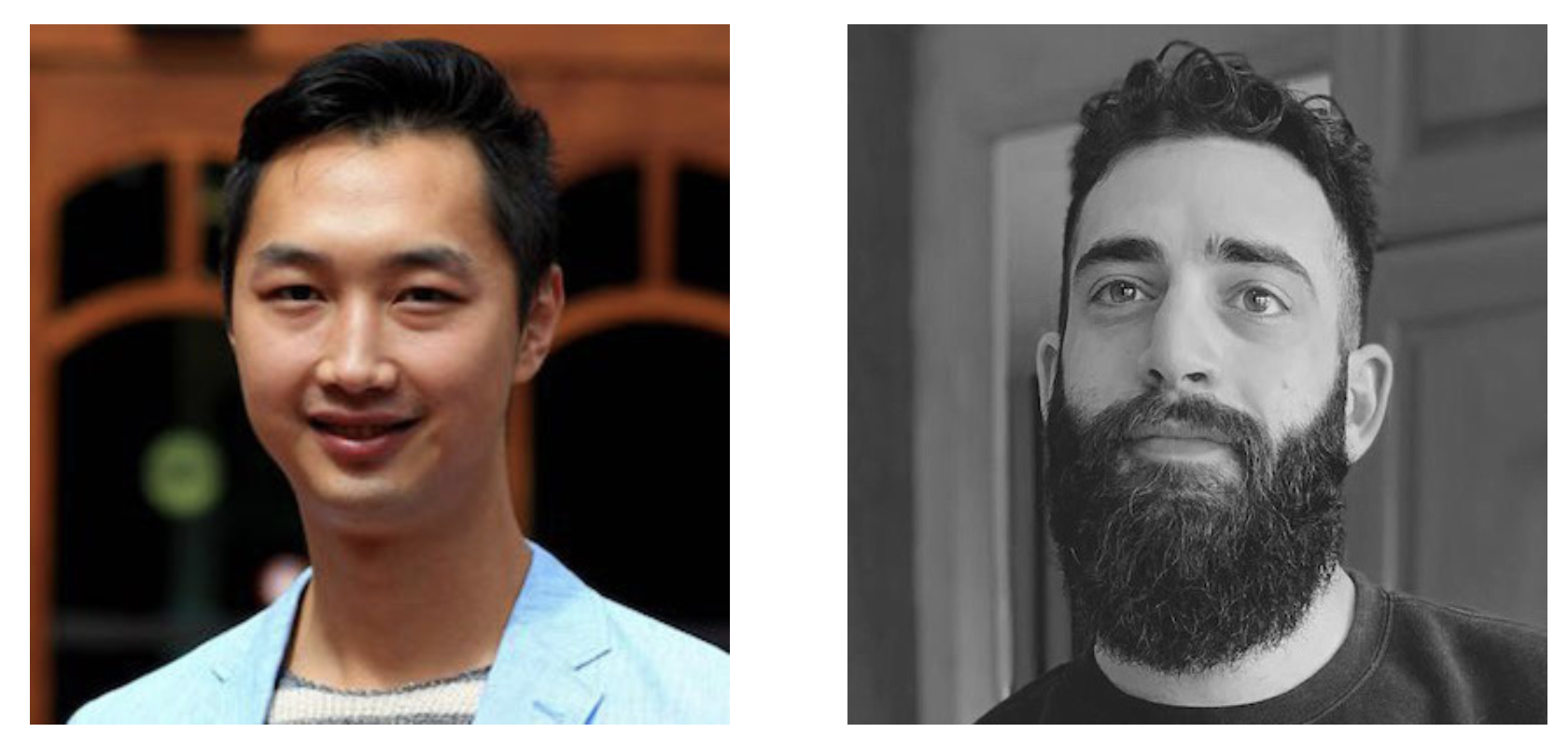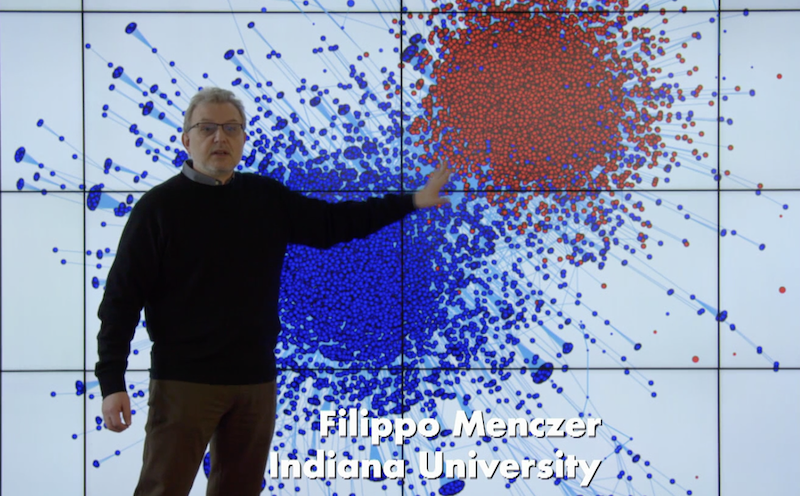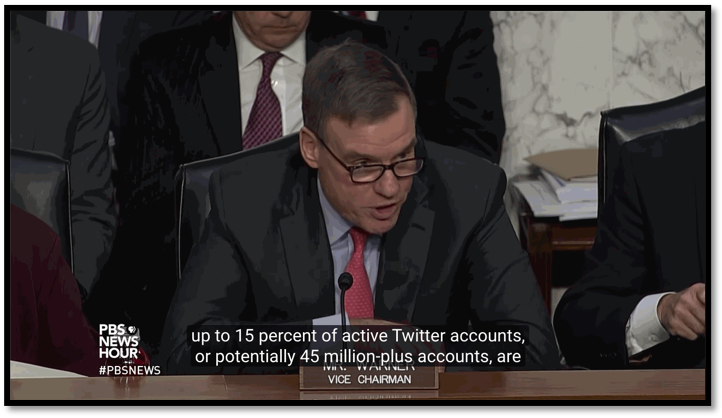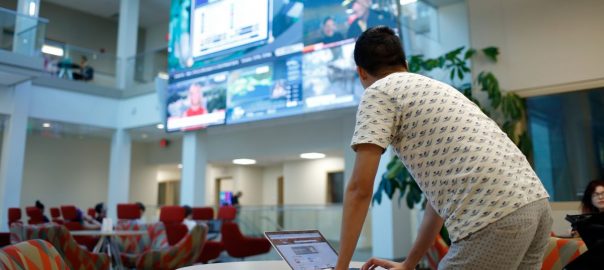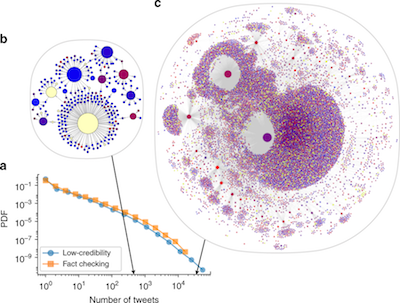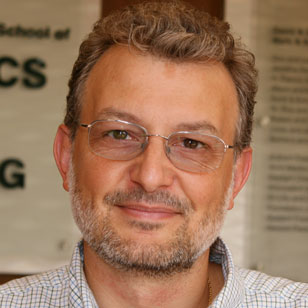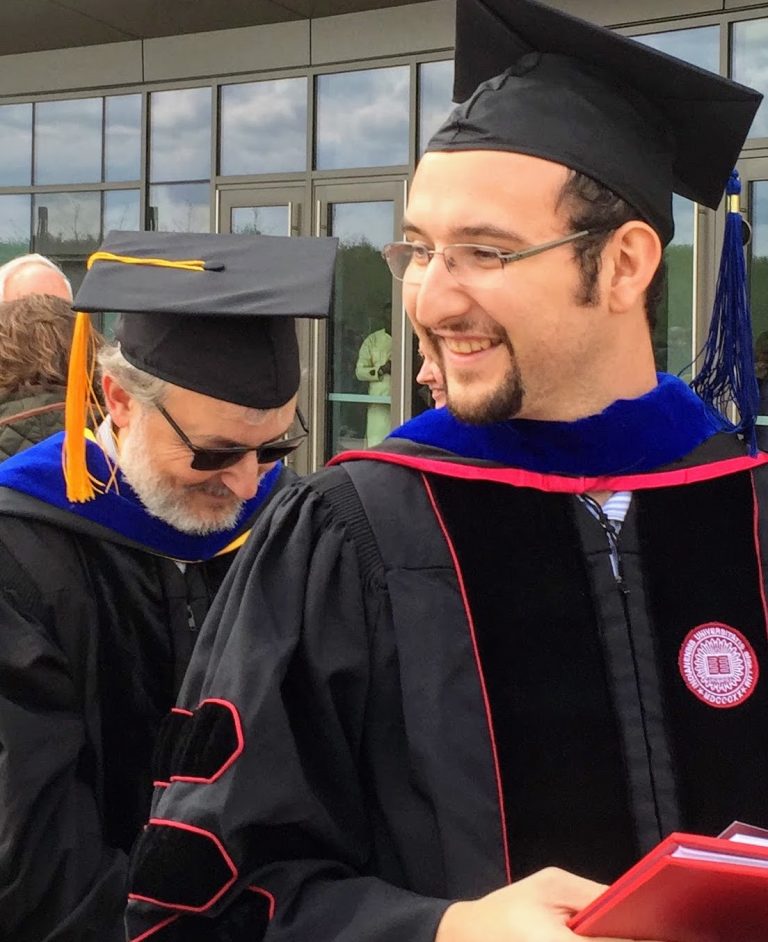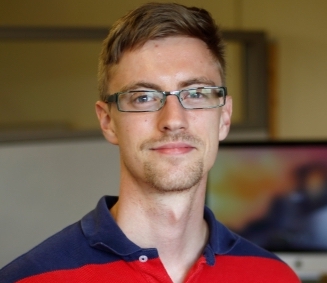Blog
Evidence of a coordinated network amplifying inauthentic narratives in the 2020 US election
On 15 September 2020, The Washington Post published an article by Isaac Stanley-Becker titled “Pro-Trump youth group enlists teens in secretive campaign likened to a ‘troll farm,’ prompting rebuke by Facebook and Twitter.” The article reported on a network of accounts run by teenagers in Phoenix,...
BotSlayer tool to expose disinformation networks
We are excited to announce the new v.1.3 of BotSlayer, our OSoMe cloud tool that lets journalists, researchers, citizens, & civil society organizations track narratives and detect potentially coordinated inauthentic information networks on Twitter in real-time. Improvements and new features includ...
Knight Fellows
Indiana University’s Observatory on Social Media, funded in part last year with a $3 million grant from the John S. and James L. Knight Foundation, has named two new Knight Fellows. Matthew DeVerna and Harry Yaojun Yan will help advance the center’s ongoing investigations into how information...
OSoMe research featured on PBS
In the groundbreaking new PBS series “NetWorld,” Niall Ferguson visits network theorists, social scientists and data analysts (including at OSoMe) to explore the intersection of social media, technology and the spread of cultural movements. Reviewing classic experiments and cutting-edge research,...
Impact of OSoMe research and tools
Work by the Observatory on Social Media is having real-world impact. For example, our tools have been used to uncover the roots of political misinformation in investigative pieces on the White Helmets and the pizzagate conspiracy. Hoaxy and Botometer have been leveraged in studies of m...
New $6 million center will investigate media and technology in society
Indiana University will establish a $6 million research center to study the role of media and technology in society. With leadership by CNetS faculty, the Observatory on Social Media will investigate how information and misinformation spread online. It will also provide students, journalists and c...
Twitter bots spread misinformation
Our analysis of information shared on Twitter during the 2016 U.S. presidential election has found that social bots played a disproportionate role in spreading misinformation online. The study, published in the journal Nature Communications, analyzed 14 million messages and 400,000 articles sha...
OSoMe researcher provides expertise on misinformation battle at AAAS conference
Filippo Menczer appeared on a panel of experts to discuss the emergence and dissemination of misinformation, and how it threatens society at the annual meeting of American Association for the Advancement of Science in Washington, D.C., Feb. 15. Menczer was a part of a three-person panel and pre...
OSoMe grad honored with 2018 University Distinguished Ph.D. Dissertation Award
Onur Varol, a postdoctoral research associate at Northeastern University who earned his Ph.D. in Informatics from IU and was a member of OSoMe, has been honored with the University Distinguished Ph.D. Dissertation Award for 2018, which is the highest honor for research Indiana University bestows on...
OSoMe grad combats the spread of fake news with new mobile app
The spread of fake news is no game, but to recent OSoMe graduate Mihai Avram, a game just might be the solution. As a graduate student in CNetS, Avram developed a mobile app called Fakey to help combat the spread of fake news on social media. It is available to download for both Android and i...



